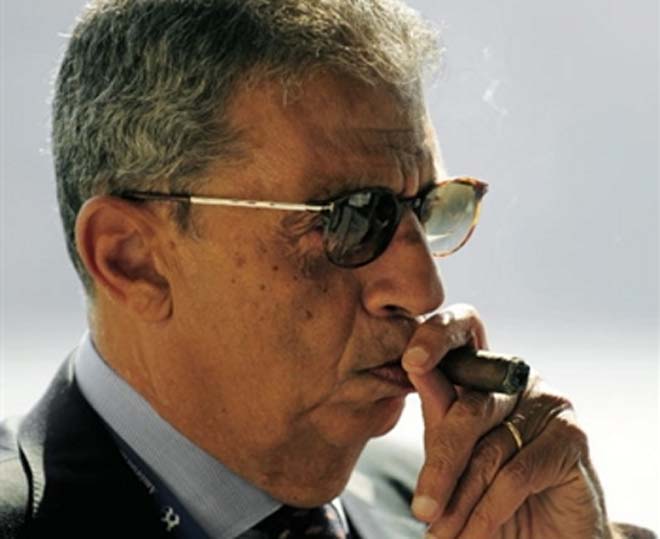Seven presidential hopefuls will call on Egypt's ruling military council to fix an early date for an election for the presidency and may demand the poll be held in February or March, one of the candidates said on Thursday, Reuters reported.
The army council which took over after Hosni Mubarak was ousted on February 11 has pledged to hand power to civilians.
But it has yet to set a precise date for a parliamentary poll, which is expected in November, and has not indicated when the presidential poll would be. Activists have been demanding a swifter move toward Egypt's first free votes in decades.
"All of us are calling for an early date and fixed date for presidential elections and not to stay in a general frame without knowing (a date)," said Amr Moussa, the former Arab League chief who is bidding for the presidency.
"We talked about February-March," he told Reuters, adding that they would make their call to the military council once they had agreed demands on other issues including the army's decision to extend emergency law and plans for a new electoral law.
The group of seven candidates include former U.N. diplomat Mohamed ElBaradei and Abdel Moneim Abul Futuh, formerly a senior member of the once-banned Muslim Brotherhood.
"In my personal opinion, it is not necessary to impose emergency law at this stage or to extend it," Moussa said, adding that the group planned further meetings to agree on this and other issues.
Egypt's military-backed government said it was reactivating emergency law after protesters attacked the Israeli embassy, prompting Israel to fly its ambassador home.
Many political activists are worried the laws will be renewed for another six months in October and may hinder the holding of parliamentary elections.
The emergency laws were a key plank in clamping down on political dissent during the 30 years of Hosni Mubarak's rule and expanded the powers of his despised security services.
The government has said it would not use emergency law against politicians or protesters but would use it against those using violence during protests or other acts of thuggery.
It also said it would no longer send civilians to military courts, but that such cases would be sent to emergency courts.
Protesters have been angered by the surge in use of military courts. They say Egypt's regular laws can deal with crimes of violence or other acts.






